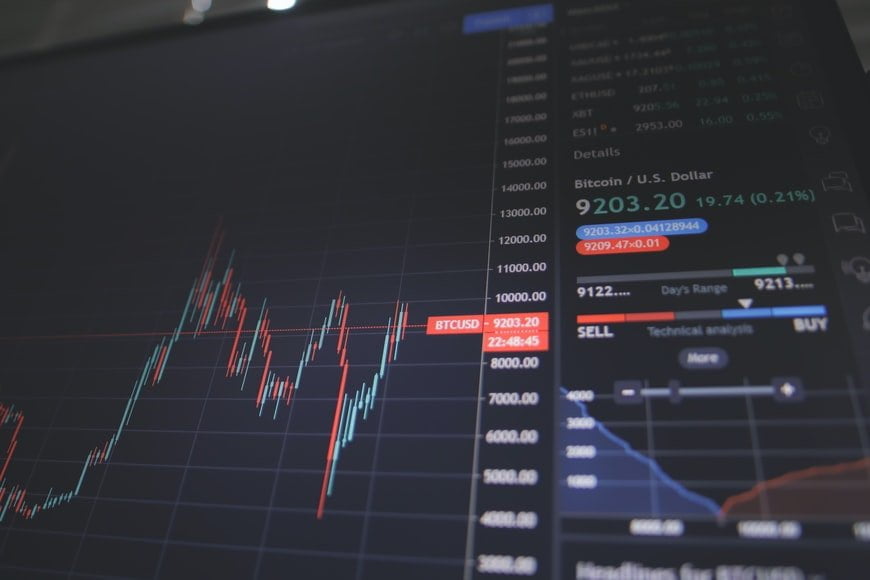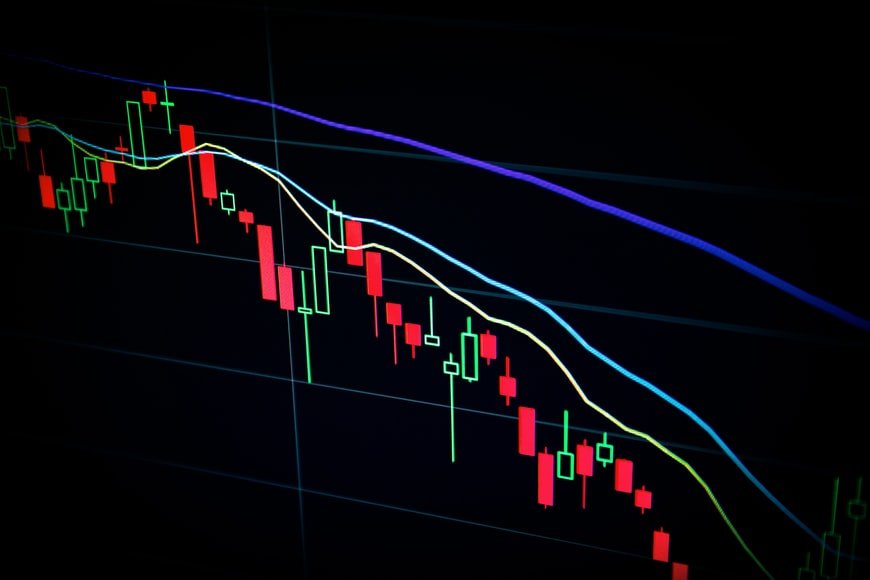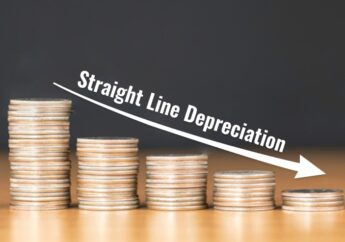Why Do Stock Prices Rise and Fall on the Stock Exchanges?
by Abdul Aziz Mondal Finance Published on: 20 October 2021 Last Updated on: 30 December 2024

By giving the financial securities, stocks usually hold a title for the investors as shareholders. But if you do not know much about the trading market, then shareholders’ stakes can also change into a loss. In fact, about 90% of traders fail to make money from the stock market, and only 10% see genuine success. The reason behind this downsloping ratio is claimed to be the trader being less knowledgeable about the stock market.
The fluctuation of the share market doesn’t happen without any substantial reason, and there is always a specific factor behind it. Depending on some factors such as revenue, profit, dividends, and market capitalization, the price of the share market essentially rises and falls by two significant aspects – fundamental and technical.
Why does the stock price go up?

Fundamentally, the market economy operates based on the law of demand and supply. If the number of buyers for a particular share increases than its seller number, the share price rises upward. In simple words, if the demand for goods increases more than its supply, then it increases the value.
Technically the stock price can increase due to other data, which is visible in the financial charts. The economic condition of a country also affects the stock exchange. If the economic situation is stable and governed well, the share price of the stock exchange is supposed to increase.
Inflation is another factor that can move the stock price. Historically, we can see that inflation shares a strong inverse correlation with the investment valuation. Low inflation leads toward the high multiples, and high inflation drives the multiple towards low inflation.
Liquidity is another factor that is sometimes under-appreciated. High liquidity response highly towards the interest from an investor a specific stock attracts. Although the trading volume is not only a liquidity proxy, a large-cap stock comparatively has high liquidity.
Why does the stock price go down?

The best answer is provided by en.meteofinanza.com: the decrease in stock prices is also calculated by the demand and supply equation. Therefore, if the supply of the particular share rises above the demand, then the value will see a downward phase.
Other external factors like political situations which influence the economic condition can also be the reason behind the fall of stock prices. For example, the result of a country’s election that cannot please the investors and market can immensely damage the stock market.
Moreover, while inflation perhaps increases the share price, deflations are bad for the stock market as it remarks loss in the companies’ pricing power. Finally, the demographic condition of the shareholder affects the stock price too. Notably, the old age shareholder tends to pull out from the market quickly, resulting in a decrease in demand and a fall in price.
To conclude, stock can rise or fall, depending on the types of investors. Thus, we recommend you research well the essential influential factors and listed companies before you take part in this investment game.
Read Also:



































































































